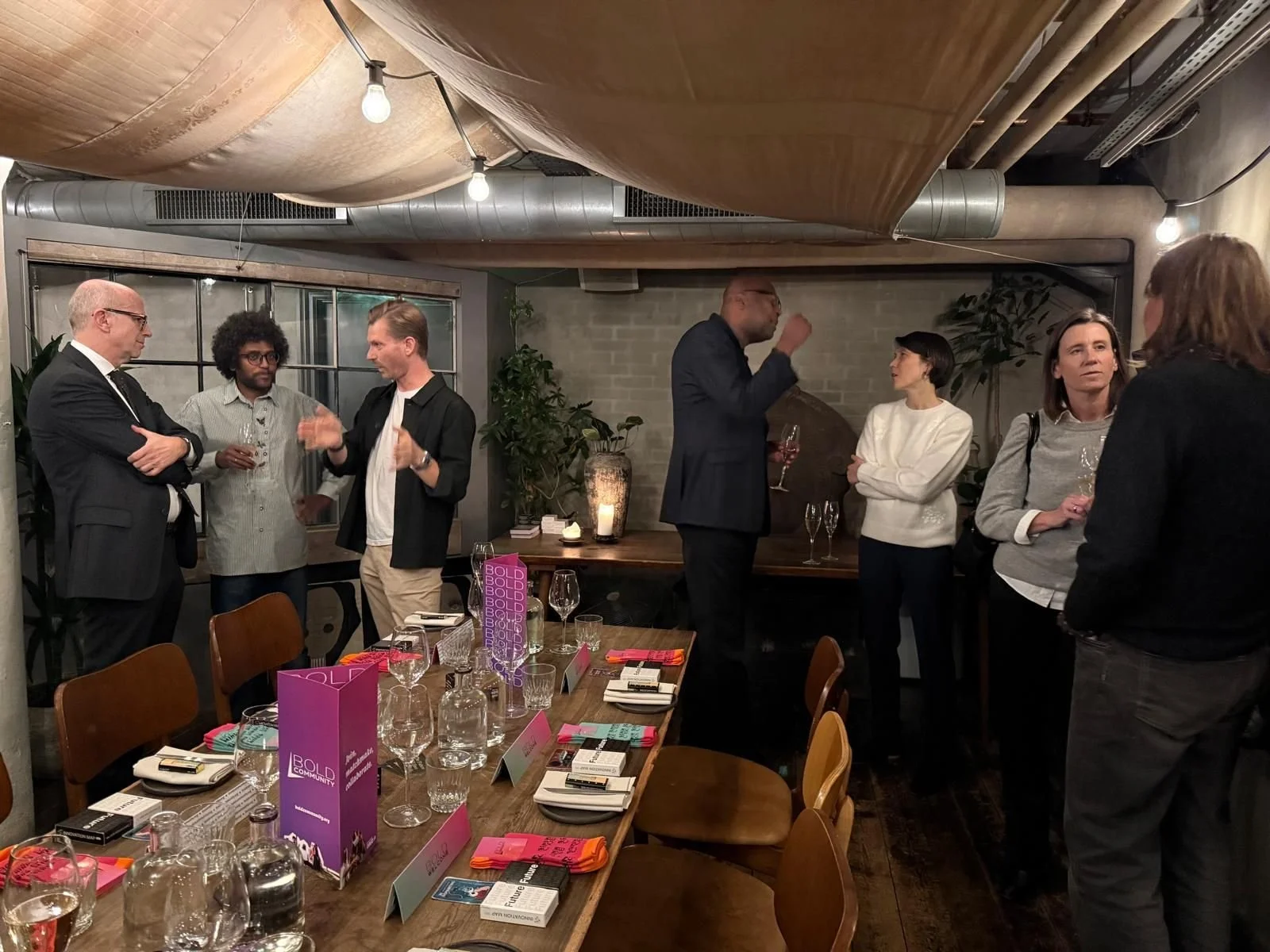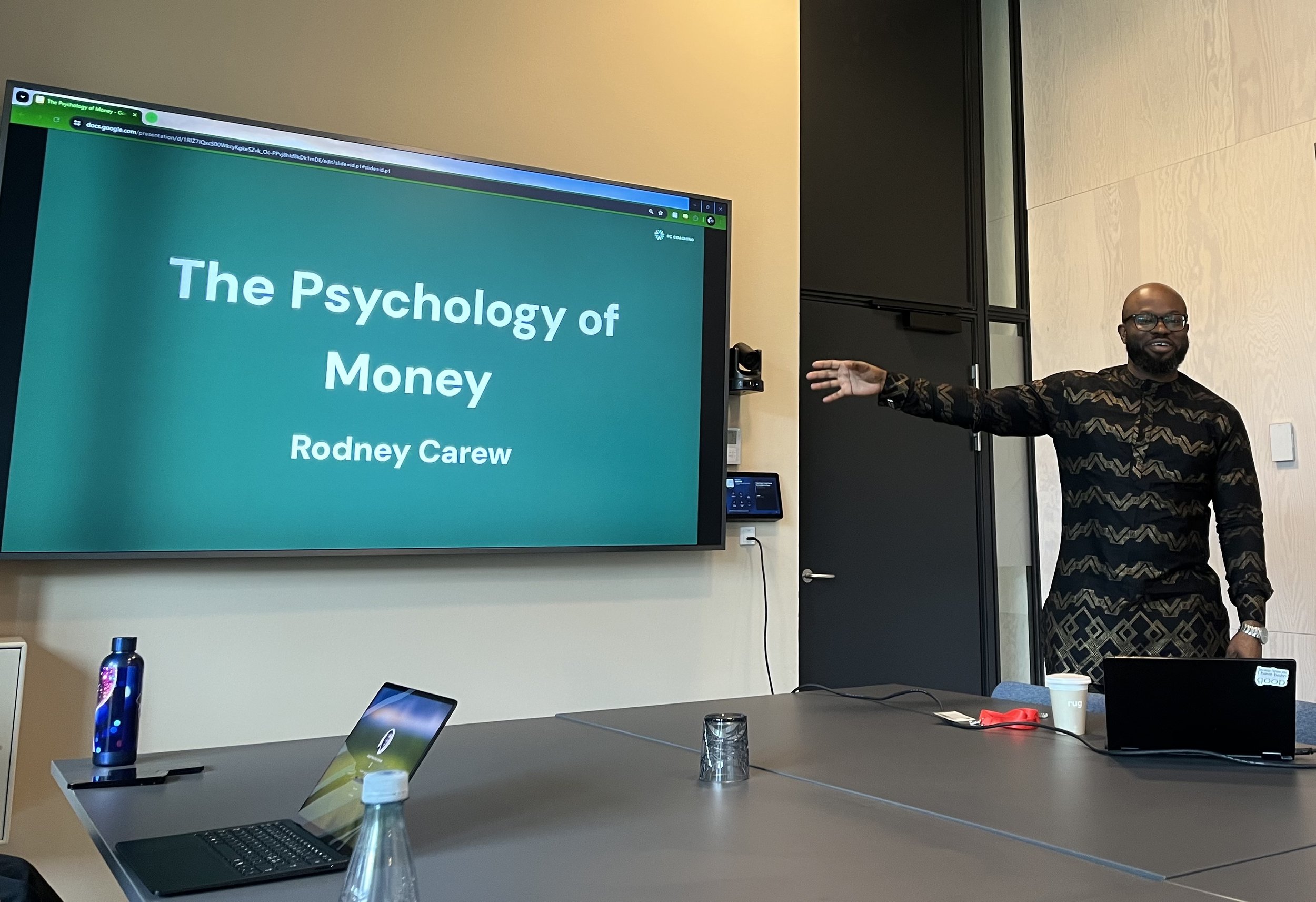Humans tend to judge others based on the most visible and easiest characteristics to perceive. This behaviour can be traced back to our evolutionary history, as early humans relied on quick assessments of their environment and others for survival. Recognising friend from foe, identifying members of their group, and judging potential threats were crucial for avoiding danger and ensuring the survival of the fittest.
In modern society, these deeply ingrained instincts persist, often manifesting as biases based on skin colour, size, or other physical traits. For me, as a Black person who is 2 meters tall and weighs over 100 kilograms, I stand out, and I don’t have the luxury of getting mad as I am perceived as a threat before I even open my mouth.
This visibility also brings opportunities, for example, standing out makes me more memorable in both professional and social settings, which is advantageous when networking or building connections. My physical presence can naturally command attention, making it easier to step into leadership roles or influence group dynamics. Additionally, visibility amplifies my voice when advocating for important causes or challenging inequalities, as people are more likely to notice and listen. Finally, for those who feel underrepresented, my presence can serve as a source of inspiration, showing that it’s possible to break barriers and thrive despite societal biases.
It’s easier to judge someone based on their skin colour than their skills, character, or beliefs. In today’s world, you can look at someone from 100 meters away and form a judgment about them solely based on their skin colour, long before you know any other aspects of their identity, such as their sexual orientation or religion.





















